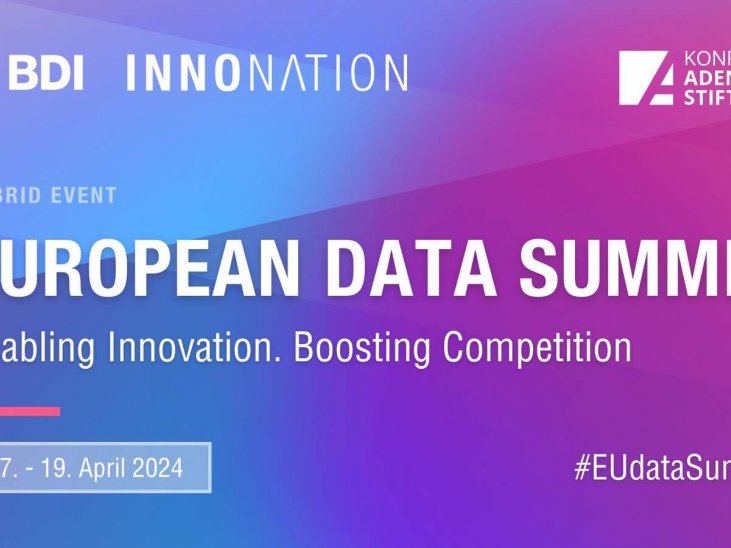Seizing the opportunity of eIDAS2: how financial institutions can reclaim their position in the data value chain
Financial institutions no longer have sole control over the data they hold about their customers. PSD2 has pushed them to open up their payment account data (with customer consent), allowing third parties to use this data to deliver value-added services. The European Commission’s proposal for a regulation on a Financial Data Access (FIDA) framework, which aims to extend the data scope to other financial products will further this development.
However, the upcoming eIDAS revision (eIDAS2) allows financial institutions to create value from the data assets they possess. The EU Digital Identity (EUDI) Wallet will provide new infrastructure to support this value creation. Financial institutions will, just like others, be enabled to issue credentials into these EUDI Wallets, that every citizen can obtain for free. As a result, a new era will dawn in which financial institutions and other data-controlling institutions can reclaim their role and relevance in the data value chain.
The development of a pan-European identity ecosystem
In a previous blog, we explored what the EUDI Wallet could mean for the identification and KYC processes of financial institutions. We established that it could significantly reduce their onboarding costs due to the availability of high level of assurance (LOA) credentials for identification. In this blog, we dive into another exciting opportunity relating to the issuing of credentials. eIDAS2 introduces an extended pan-European wallet based identity and data ecosystem. This new ecosystem, as portrayed in Figure 1, features new roles and more prominent relevance for attribute providers. Attribute providers are entities that issue credentials into the EUDI Wallet containing all kinds of relevant information about the wallet holder.
In this emerging ecosystem, financial institutions in the role of ‘electronic attestation of attribute provider’ can start issuing into the EUDI Wallet valuable attributes about their customers in the form of credentials – with the explicit consent of the respective data subject (the user), of course. Examples of these attributes include credit risk credentials, monthly income, income qualification, tax documents, direct debit credentials, etc. These could all give meaningful evidence to third parties relying on such data in their business processes and workflows. Figure 2 shows an example of how this could look in a mobile app, inspired by the Dutch reference EUDI Wallet.
Losing control of the data value chain
Financial institutions (i.e. banks) in Europe have already invested significantly in establishing PSD2 data access infrastructure. In fact, according to the European Commission’s impact assessment, the amount totals €7.2 billion. It took banks several years to open up payment account data via APIs under PSD2 and pushed them into the role of raw data providers to licensed third parties known as ‘account information service providers’ (AISPs). These AISPs then refined the data and generated value for their customers by providing actionable insights across a range of use cases (see Figure 3), effective resulting in banks losing control of the data value chain.
The forthcoming FIDA regulation takes the scope of access beyond payment accounts and covers access to other data categories (e.g. insurance, pensions, lending, mortgages, investments). For the institutions in-scope, this will require yet more investment. In contrast to PSD2, FIDA does allow for compensation models to emerge in the context of new data sharing schemes. However, this will be limited to the sharing of ‘raw’ financial data, and the compensation will be limited and directly related to making the data available to data users (i.e. regulated entities that – with customer consent – are granted access to financial data).
Reclaiming control of the data value chain
This leads to the following strategic question for banks: should they invest in establishing new infrastructure for issuing attributes into the EUDI Wallet and providing access to even more data of their customers? In response to that, we believe that issuing credentials will allow banks to reclaim control of the data value chain. But how exactly?
The answer: by offering valuable insights based on meaningful analysis, rather than only providing access to simple, raw data and leaving the value creation to third party providers that subsequently monetise it. After all, ‘credentials’ under eIDAS2 can also be complex information with high added value (e.g. a credit risk score). This approach will also allow banks to develop more viable commercial models than the models that are expected to emerge for the raw data access that will need to be provided under FIDA as part of financial data sharing schemes.
Moreover, banks will still be able to monetise ‘premium APIs’ beyond the scope of PSD2 and FIDA, which is particularly suitable for dynamically changing data. Issuing credentials is more suitable for attestations that are more ‘static’ and have value to be reused. Depending on a bank’s respective data strategy, they can extend the scope of their issued credentials as far as they want.
This brings us to the commercial potential of issuing credentials. How can banks monetise the credentials issued under schemes in eIDAS2? This topic will be further explored in a future blog.
Contact us
INNOPAY has a long-standing track record in strategy development and digital transformation across themes such as Digital Identity (eIDAS2), PSD2 and Open Finance (FIDA). Reach out to us if you want to further explore the opportunities that the introduction of the EUDI Wallet will provide for financial institutions.












